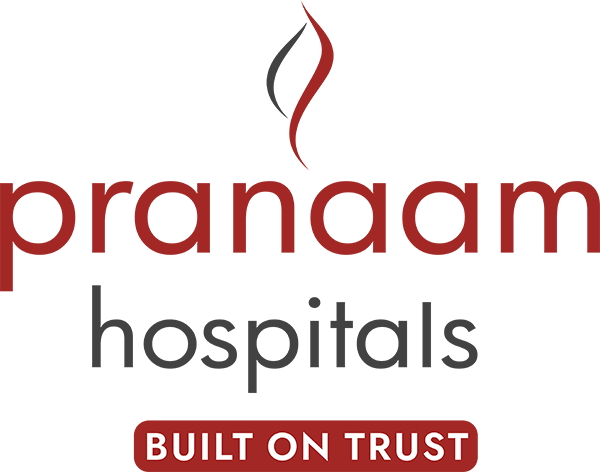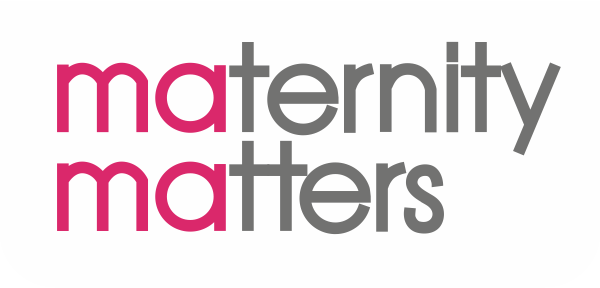Health Care Tips for the Second Trimester of Pregnancy:
Regular prenatal check-ups: Secure the health of both yourself and your child by making and attending regular prenatal check-ups. These appointments are vital for overseeing the baby’s growth and development. Utilise this time to address any concerns or questions with your healthcare provider. Keeping communication open during these check-ups guarantees that you receive the essential guidance and support, fostering a healthy and successful pregnancy journey.
Stay Active: Prenatal yoga, swimming, or walking are a few safe, gentle physical activities that can help you maintain an active lifestyle. Consult your healthcare physician before beginning any new exercise regimen to make sure the exercises you choose are appropriate for your particular health and pregnancy status and will help you adopt a balanced and healthy attitude towards physical activity.
Balanced Nutrition: Sustain your focus on a properly-rounded diet comprising enough culmination, greens, entire grains, lean proteins, and dairy. Ensure the inclusion of vital vitamins like folic acid, iron, calcium, and others in your daily nutritional intake.
Hydration: Ensure best hydration by constantly ingesting sufficient water throughout the day.Dehydration can contribute to issues like constipation, so adequate fluid intake is important.
Manage Weight Gain: Monitor weight gain in the recommended variety and are searching for advice from your healthcare issuer for a custom-designed, healthy weight benefit plan tailor-made in your specific situations. Keeping track of your weight is important for a balanced and well-controlled pregnancy. Your healthcare company can offer guidance on preserving a healthy weight that facilitates your well-being and the most appropriate improvement of the infant, ensuring a first-rate and fulfilling pregnancy journey.
Address Skin Changes: During pregnancy, some women may experience skin changes, including darkening or the emergence of stretch marks. Alleviate any discomfort by using moisturisers. This practice not only provides relief but also contributes to maintaining skin elasticity. As these changes are a common aspect of pregnancy, incorporating moisturising habits into your skincare routine can enhance overall comfort and well-being during this transformative period.
Sleep Comfort: Invest in a snug pillow for better sleep. Sleep on your side to improve blood flow to the baby.
Kegel Exercises: Incorporate Kegel exercises to strengthen pelvic floor muscles, which can assist during labor and postpartum recovery.
Educate yourself: Attend prenatal classes or workshops to learn about labor, delivery, and postpartum care. Read reliable pregnancy books to stay informed.
Screening Tests: Consider elective screening tests offered during the second trimester, such as the anatomy scan or glucose tolerance test.
Prepare for Baby: Start making baby-related preparations, including setting up the nursery and creating a birth plan. Attend childbirth education classes, if available
Manage stress: During the second trimester of pregnancy, managing stress is vital for maternal and fetal well-being. Embrace relaxation techniques like deep breathing and prenatal yoga. Maintain a healthy lifestyle with sufficient sleep, balanced nutrition, and approved physical activities. Communicate openly with your partner and support system, sharing your concerns. Effectively manage time, set realistic expectations, and seek professional support if stress becomes overwhelming. Educate yourself about pregnancy changes, attend prenatal classes, and connect with other expectant mothers for shared experiences. Prioritise self-care and engage in enjoyable activities, fostering a positive mindset for a healthier second-trimester journey.
The second trimester provides relief from early pregnancy challenges, empowering expectant mothers to embrace the journey with renewed energy. Prioritising these healthcare tips enables women to navigate the unique needs of this period confidently, ensuring a healthy and thriving pregnancy. Recognising that individual experiences vary underscores the importance of ongoing communication with your healthcare provider to address specific needs. Approach this phase with a dedicated focus on self-care, nourishment, and the positive anticipation of the exciting journey ahead. Embrace the opportunity to connect with healthcare professionals for tailored guidance, fostering confidence and well-being during this significant stage of pregnancy


